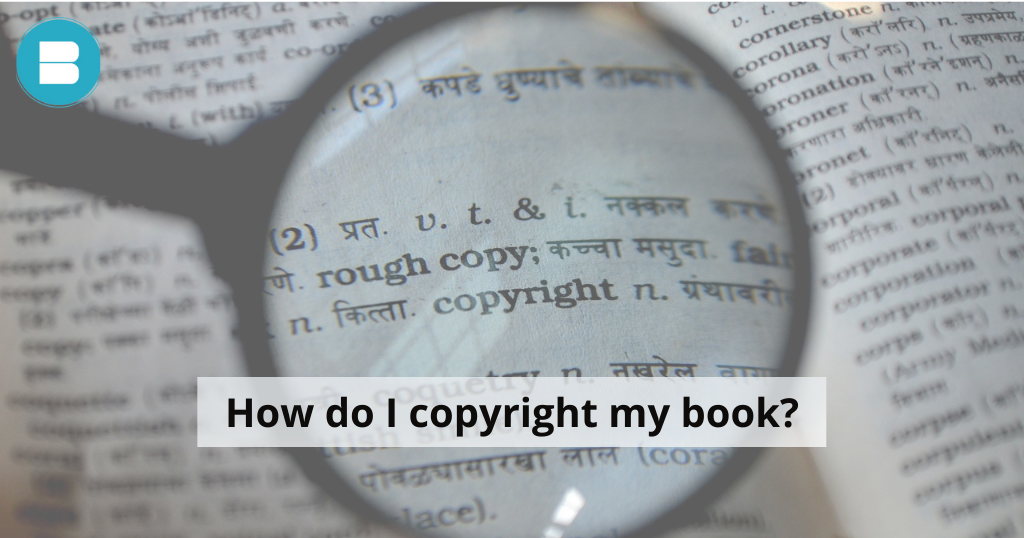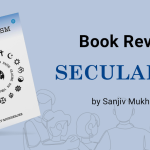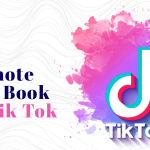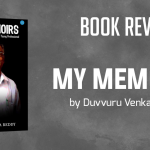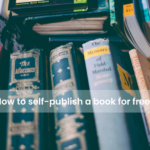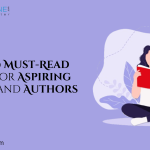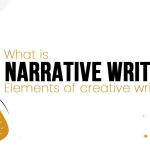Aspiring authors pour their heart and soul into creating literary masterpieces that reflect their creativity and passion. However, the world of writing can be both enchanting and treacherous. Plagiarism, the act of copying someone else’s work and presenting it as one’s own, is a common threat that authors face.
To protect their intellectual property and ensure their creative efforts remain theirs alone, copyrighting their books becomes an essential step. In this blog, we will delve into the significance of copyrighting your book, the process of obtaining copyright in India, and how to protect your book from being copied.
Understanding Copyright: Safeguarding Your Literary Creation
Copyright is a fundamental legal process that empowers authors with ownership and exclusive rights over their creative work. It serves as a vital tool in protecting their intellectual property and ensuring they have control over how their work is used, reproduced, and distributed. By securing copyright for their book, authors can prevent plagiarism and unauthorised use of their content, thereby preserving the integrity of their literary creations.
As creators of literary masterpieces, authors invest countless hours, dedication, and passion into perfecting their art. Their work is a reflection of their unique voice and vision, making it deeply personal and valuable. To have someone copy their work and claim it as their own is a profound betrayal of their efforts and creativity. Plagiarism undermines the recognition and credit that authors rightfully deserve for their hard work.
You may also like: Postive Character Traits And Why They Are Crucial
How do I protect my books from being copied?
Copyright is a process that makes sure that your property remains yours. This is a very important step in your journey as it warrants that your book will be your own.
Plagiarism is a very common thing in the writing world. People often copy from novels and make them their own which is unjust to the writer who has struggled for years to perfect their art.
Read: List of 10 Tips for Embarking on Your Creative Writing Journey.
The consequences of plagiarism extend beyond the emotional toll it takes on the original author. Plagiarism can have severe implications for an author’s reputation and career within the writing community. Literary communities value authenticity and originality, and accusations of plagiarism can tarnish an author’s standing in the industry. Such damage to their reputation may impact future publishing opportunities and collaborations.
By copyrighting their book, authors create a robust defence against plagiarism. Copyright provides a legal framework to take action against those attempting to copy, reproduce, or distribute their work without proper permission. It serves as a deterrent to potential plagiarizers, warning them of the legal repercussions they may face for their actions.
You may also read: Never Say GoodBye a Book By Hilary Green
Steps for Online Filing of Copyright Registration Form:
1. Click on the link “Click here for online Copyright Registration” provided at the bottom of this page.
2. The online “Copyright Registration Form” is to be filled up in four steps
I. Complete the Form XIV, then press SAVE button to Save entered details, and press Step 2 to move to the Next Step.
II. Fill up the Statement of Particulars, and then press SAVE button to Save entered details, and press Step 3 to move to the Next Step.
III. Fill up the Statement of Further Particulars.(This form is applicable for “LITERARY, DRAMATIC, MUSICAL, ARTISTIC AND SOFTWARE” works), and then press the SAVE button to save entered details, press Step 4 to move to Step 4.
IV. Fill up the Payment Details (presently through DD/Banker’s Cheque/E-Payment),
3. After successful submission of the form, a Diary Number will be generated (Please note it for future reference).
4. Please take a hard copy(print) of “Acknowledgement Slip” and “Copyright Registration Report”, and send it by post to
Office of the Registrar of Copyrights
Copyright Office, Department of Industrial Policy & Promotion
Ministry of Commerce and Industry
Boudhik Sampada Bhawan,
Plot No. 32, Sector 14, Dwarka,
New Delhi-110078
Email Address: copyright@nic.in
Telephone No.: 011-28032496
(List of the documents to be attached in pdf, please ensure that acrobat pdf is installed in your system).
Should I copyright my book before sending it to an editor?
You may also like: Ultimate Guide to Copy Editing: Tips, Techniques, and Tools
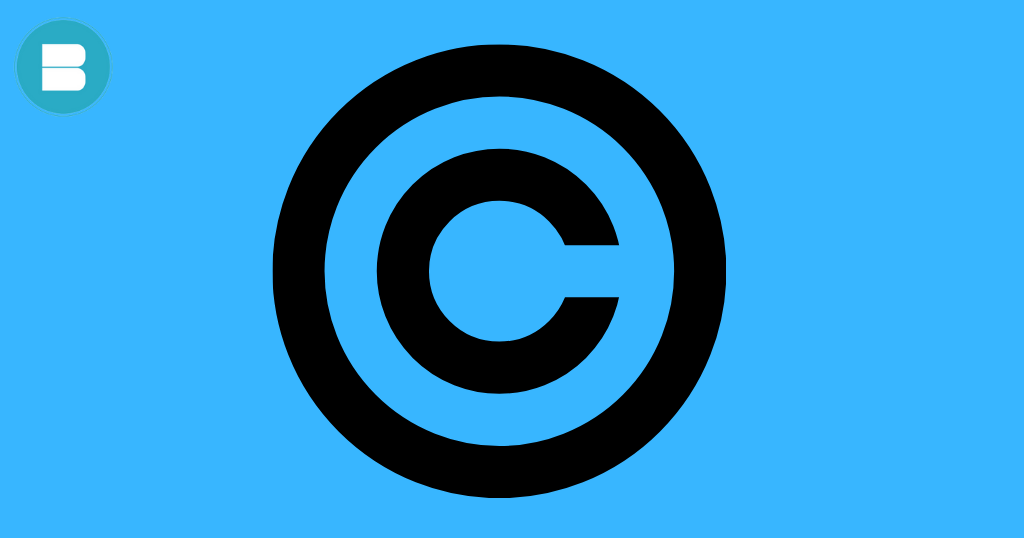
Learn how to copyright a book in India.
Do publishers own the copyright?
If you go through the process of getting your book published through traditional publishers then they take the copyrights of your book however if you decide to publish your book through self-publishing, for example, Blue Rose Publishers then you are the sole owner of your work. We here at Blue Rose make sure that every step is taken judiciously in the copywriting process.
Oftentimes when the author tries to do this process by themselves it is often riddled with mistakes as they are inexperienced individuals.
This won’t be the case at Blue Rose as we have experienced professionals who have done this countless times. Getting a copyright is also a tedious process that stretches on for months. If any error occurs while getting a copyright for a book then the entire duration of 3-4 months gets wasted and the book gets delayed as well.
Choosing the professional route omits the chances of any error and gives you a foolproof outcome.
Another benefit of this would be that newbie writer are not often aware of the loopholes that can be found in the process of copyright.
There are several people out there who are waiting for you to fall into these loopholes. Our professionals at Blue Rose are very well aware of these and know-how and when to avoid them so that no one can take advantage of your situation.
In conclusion, always fight for the years you have given to your writing. Go through the copyrighting process and claim your work as your own. Your hard work should not be easy to get trampled on.
Published vs. Unpublished Works
Authors often wonder whether they should copyright their book before or after sending it to an editor. While sending an unpublished work for copyrighting may seem convenient, it leaves the work vulnerable to potential grammatical errors and inconsistencies. Published works, on the other hand, receive a No Objection Certificate (NOC) during the copyrighting process, offering substantial proof of authorship. In such cases, choosing professional platforms like BlueRoseONE, which ensure a flawless copyrighting process, becomes advantageous.
BlueRoseONE: Simplifying Copyrighting and Editing
The process of copyrighting can be time-consuming and overwhelming, especially for inexperienced individuals. However, self-publishing platforms like BlueRoseONE offer a comprehensive solution for authors seeking to protect their work and achieve professional excellence.
BlueRoseONE provides valuable resources and services, including online copyright registration, to make the process seamless and convenient for authors. By availing of their DIY option, authors can have complete creative control over their publishing journey. Additionally, BlueRoseONE offers top-notch editing services, ensuring that your manuscript is polished and ready for copyrighting.
In conclusion, copyrighting your book is an essential step in safeguarding your literary creation. The threat of plagiarism looms over every author, making it crucial to establish ownership and exclusive rights over your work. While the process may seem daunting, platforms like BlueRoseONE simplify copyright registration and provide reliable editing services to ensure your manuscript is at its best.
Your hard work and dedication deserve recognition and protection, and copyrighting your book secures your place as the rightful owner of your literary treasure. Embrace the journey of copyrighting and let your writing flourish under the shield of protection it deserves.
You may also like: Is Kindle Direct Publishing right for Your Next Book?

